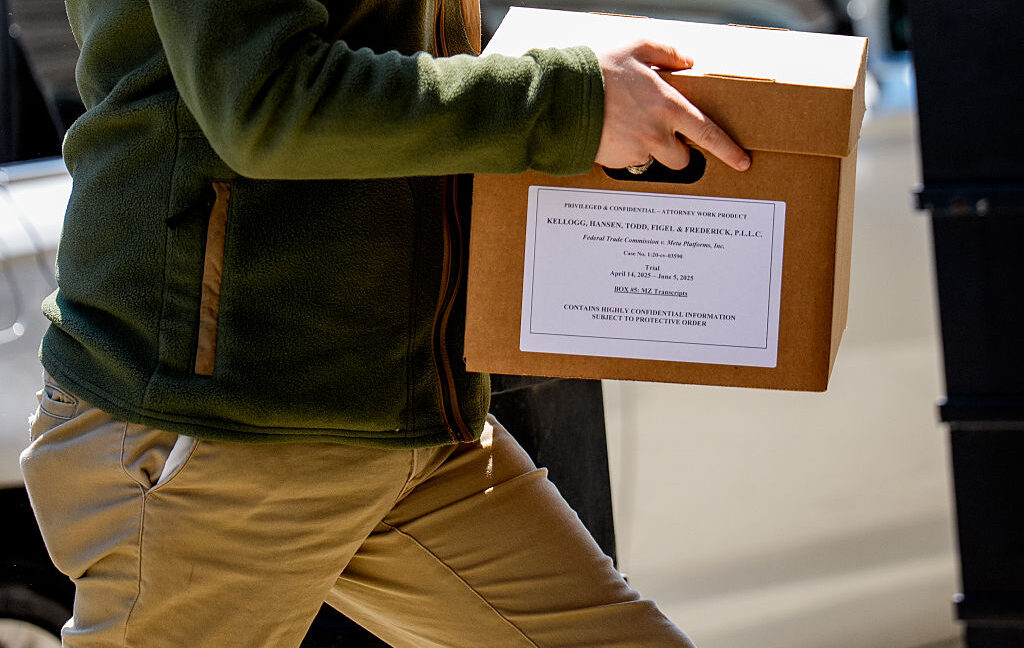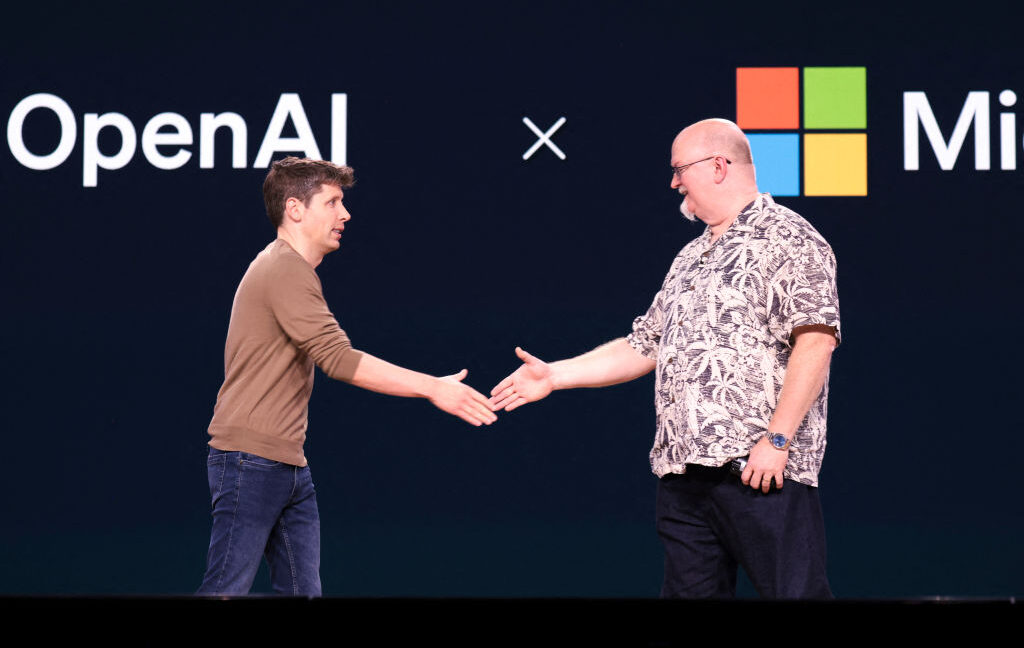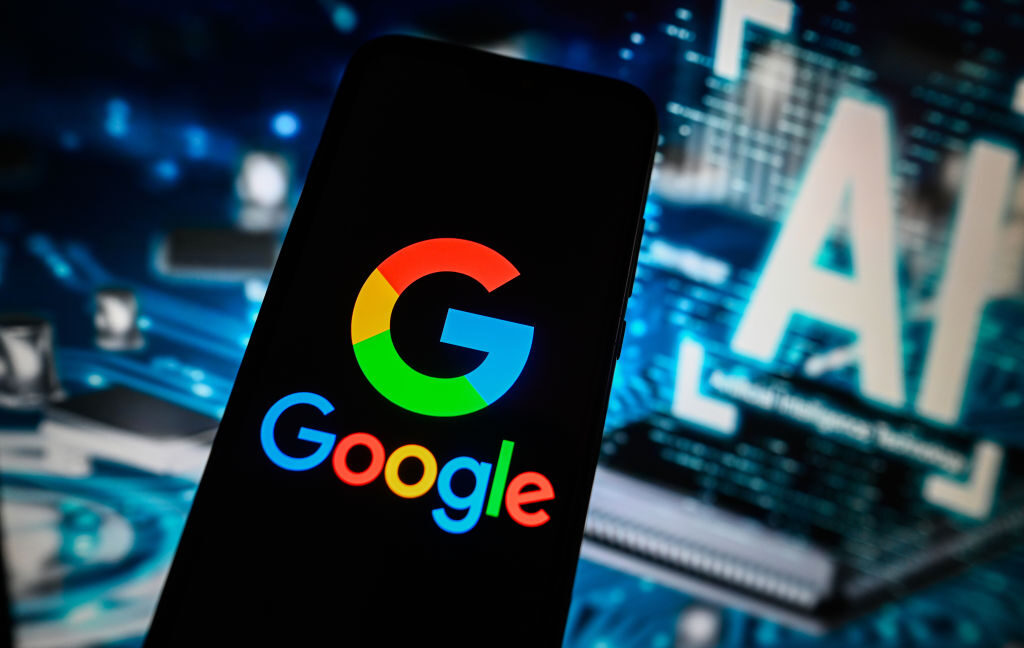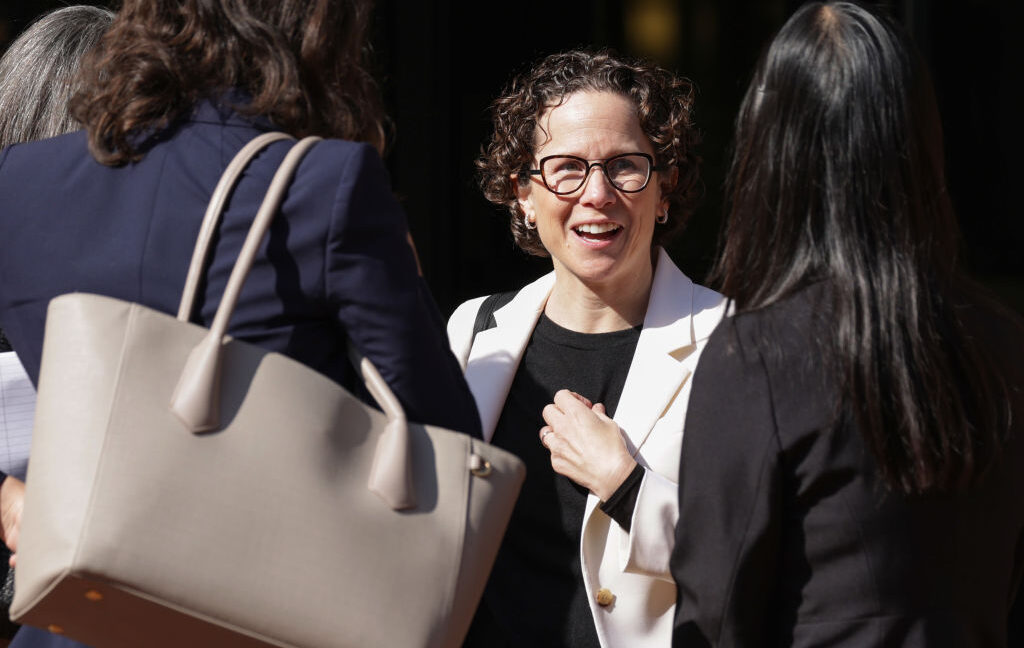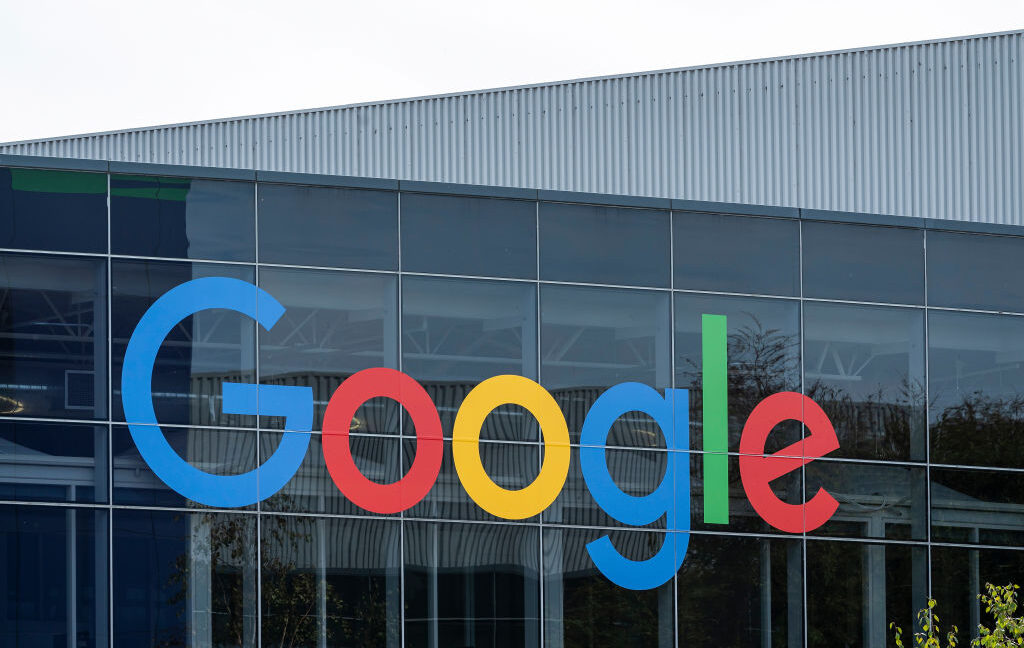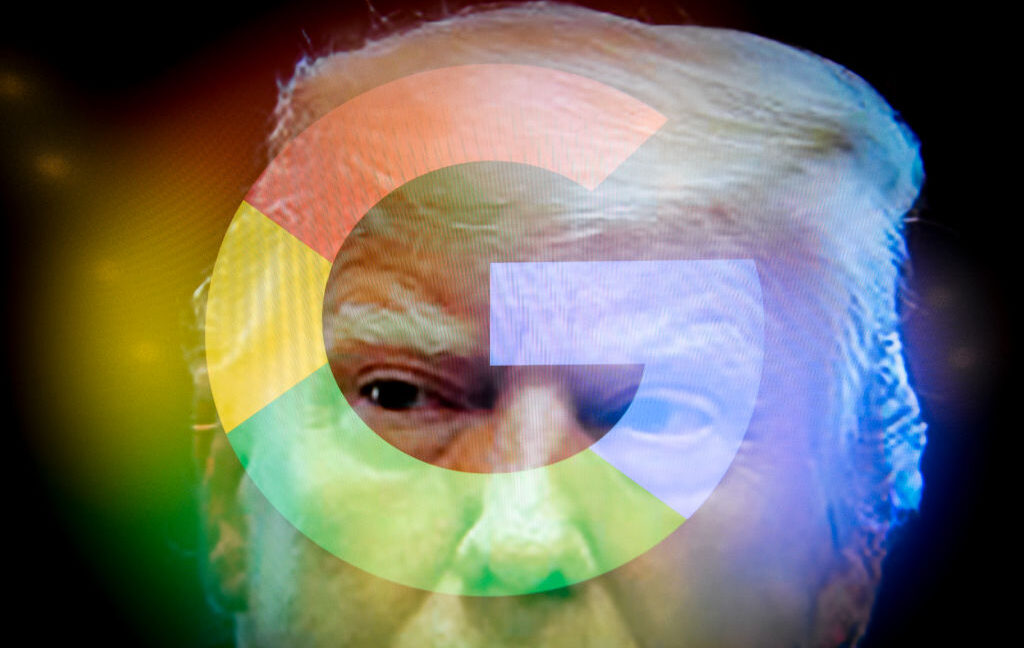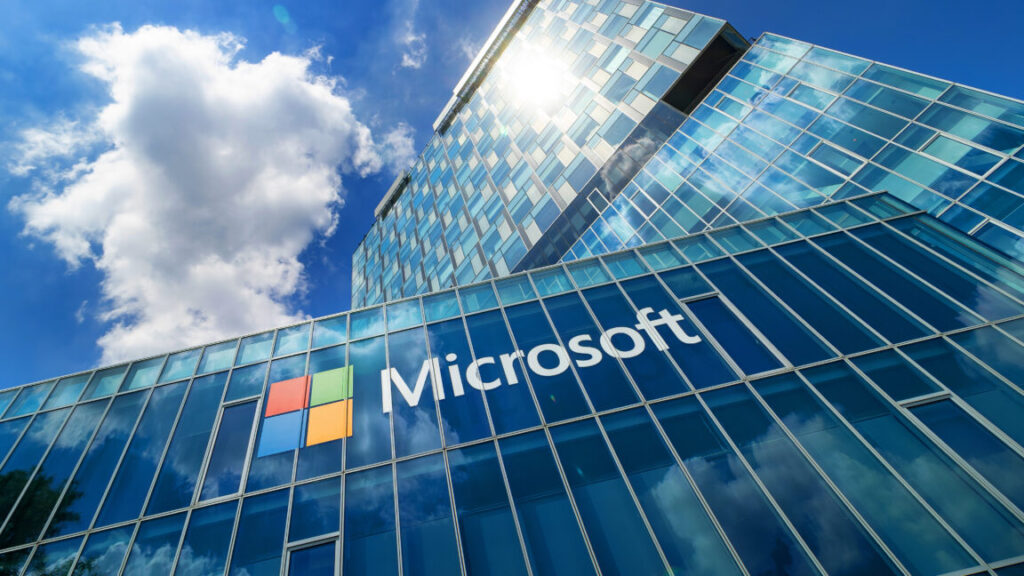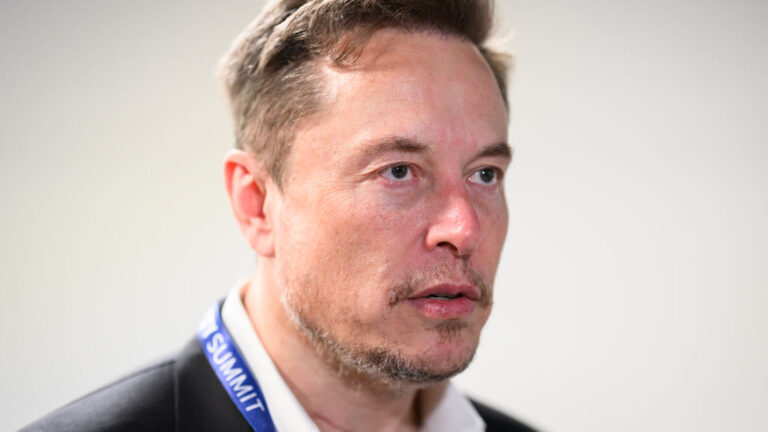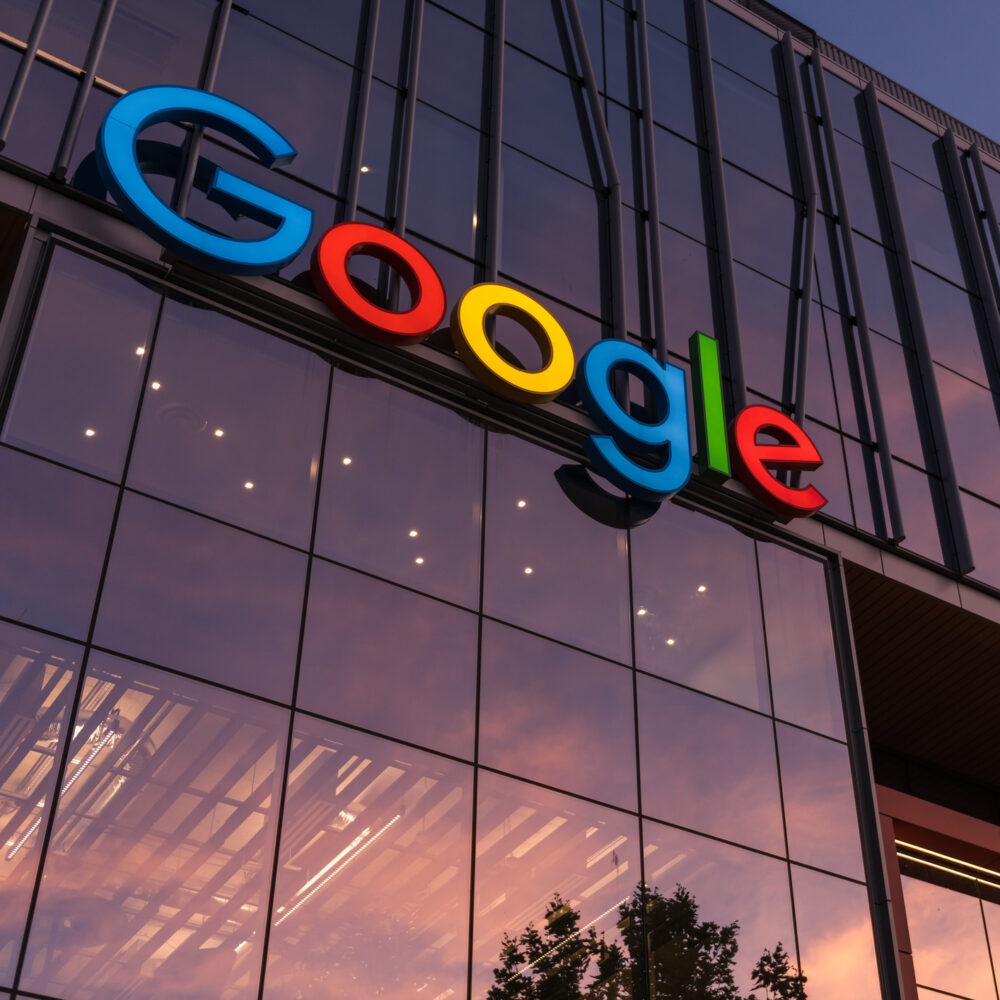Zuck stuck on Trump’s bad side: FTC appeals loss in Meta monopoly case
For Meta, the renewed fight comes at a time when most tech companies are walking tightropes to avoid any possible retaliation from Trump, not just social platforms. After defeating the FTC last fall, Meta’s chief legal officer, Jennifer Newstead, didn’t dunk on the FTC but coolly celebrated the ruling for recognizing that “Meta faces fierce competition.” In the same breath, Newstead also seemed to want to take the opportunity to remind the Trump administration that Meta was a friend.
“Our products are beneficial for people and businesses and exemplify American innovation and economic growth,” Newstead said. “We look forward to continuing to partner with the Administration and to invest in America.”
Similarly, this week, Meta has offered a rather neutral response to the FTC’s announcement. Asked for comment on the FTC’s decision to appeal, Meta’s spokesperson simply told Ars that James Boasberg, the US district judge who sided with Meta, got it right the first time, then repeated one of Trump’s favorite refrains from tech companies.
“The District Court’s decision to reject the FTC’s arguments is correct and recognizes the fierce competition we face,” Meta’s spokesperson said. “We will remain focused on innovating and investing in America.”
FTC blamed judge for loss
Political tensions have remained at the center of the case, perhaps peaking after Boasberg’s ruling.
In November, Simonson criticized Boasberg, telling CNBC that “the deck was always stacked against us with Judge Boasberg, who is currently facing articles of impeachment.”
That push to impeach Boasberg came from Republican lawmaker Brandon Gill, who alleged the judge was abusing his power to censor conservatives, but no actions have been taken since the proposed resolution was submitted to a House committee that month. Republicans, including Trump’s attorney general Pam Bondi, have complained that Boasberg is a rogue partisan judge, but Boasberg so far has withstood their attacks while continuing to settle cases. Trump’s Truth Social tirades against the judge required a long fact-checking piece from PBS.
Zuck stuck on Trump’s bad side: FTC appeals loss in Meta monopoly case Read More »




